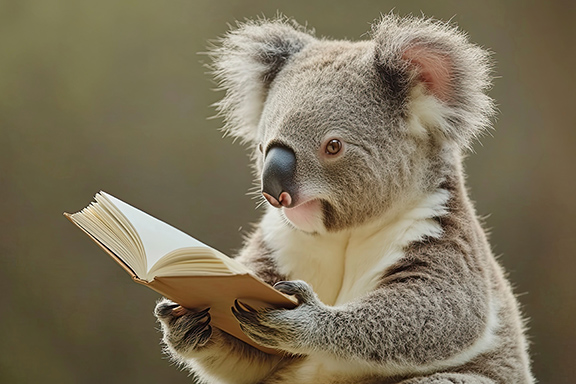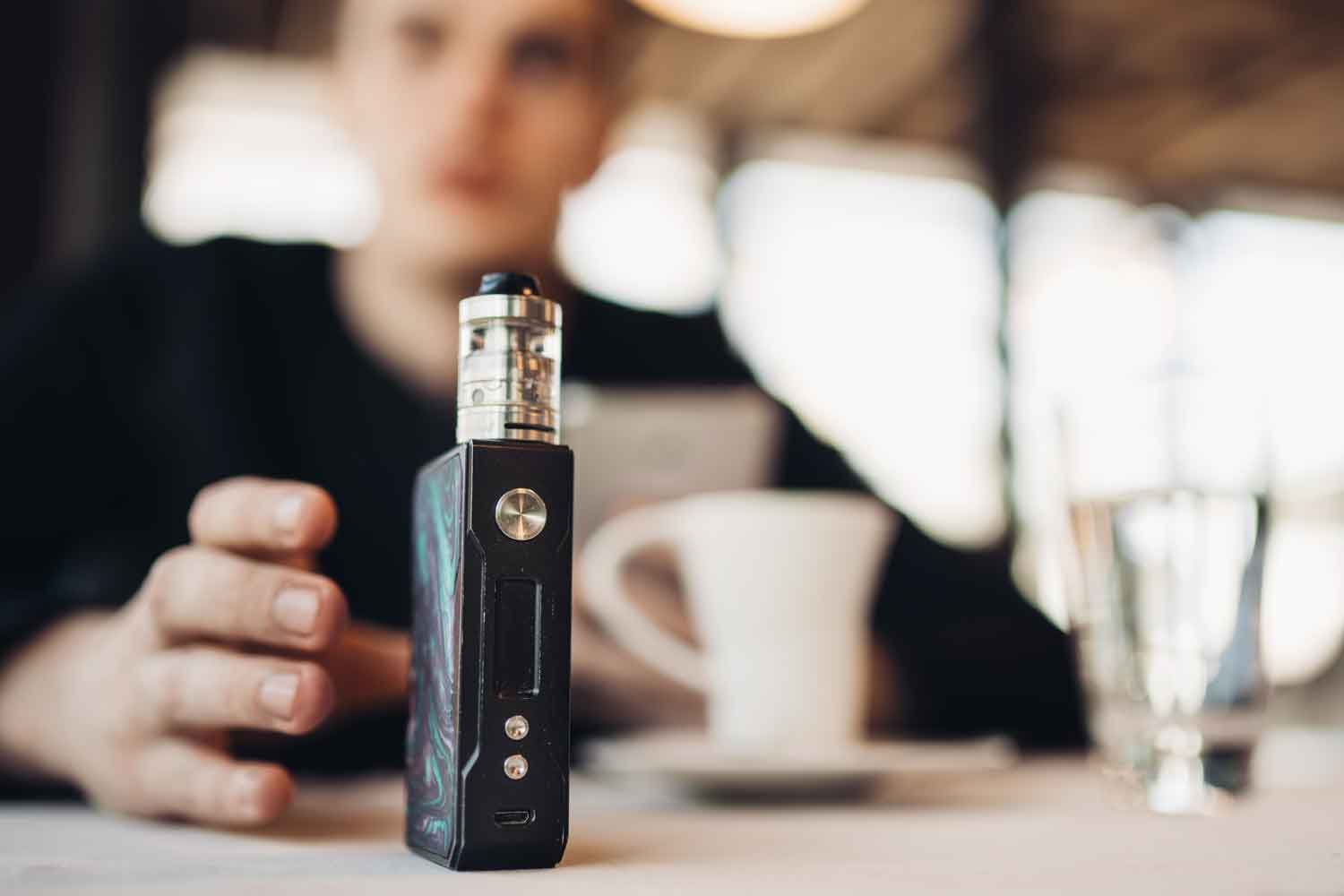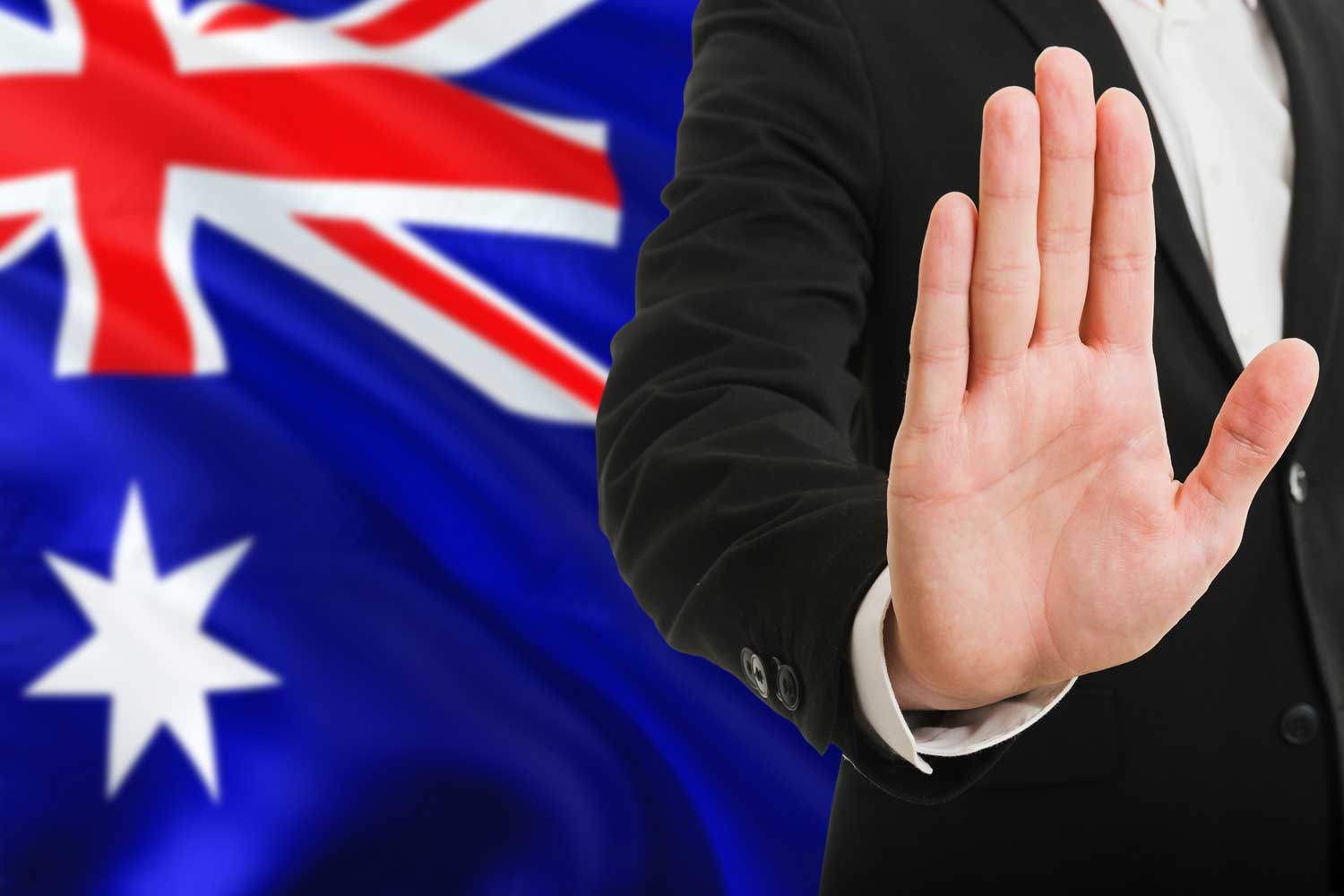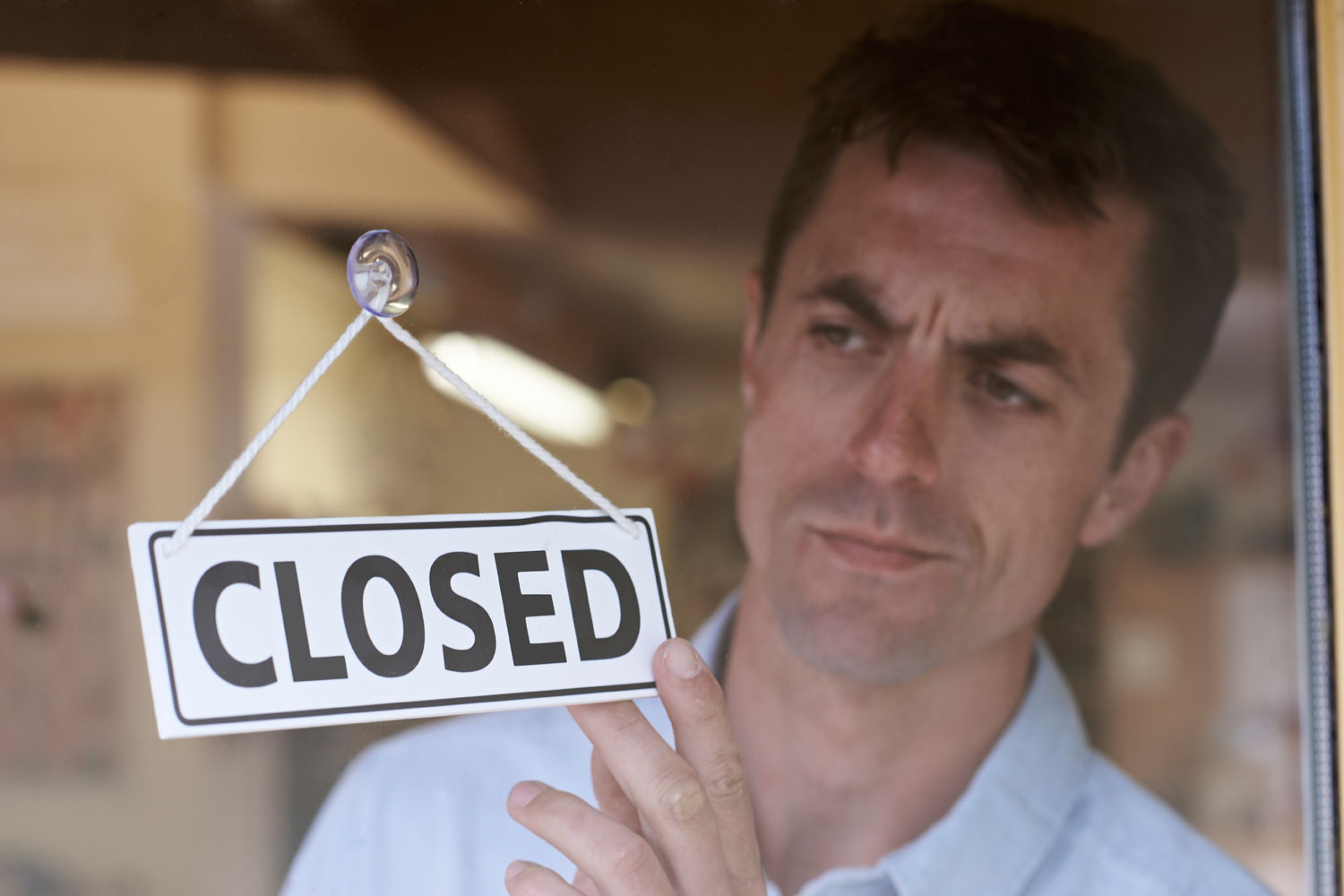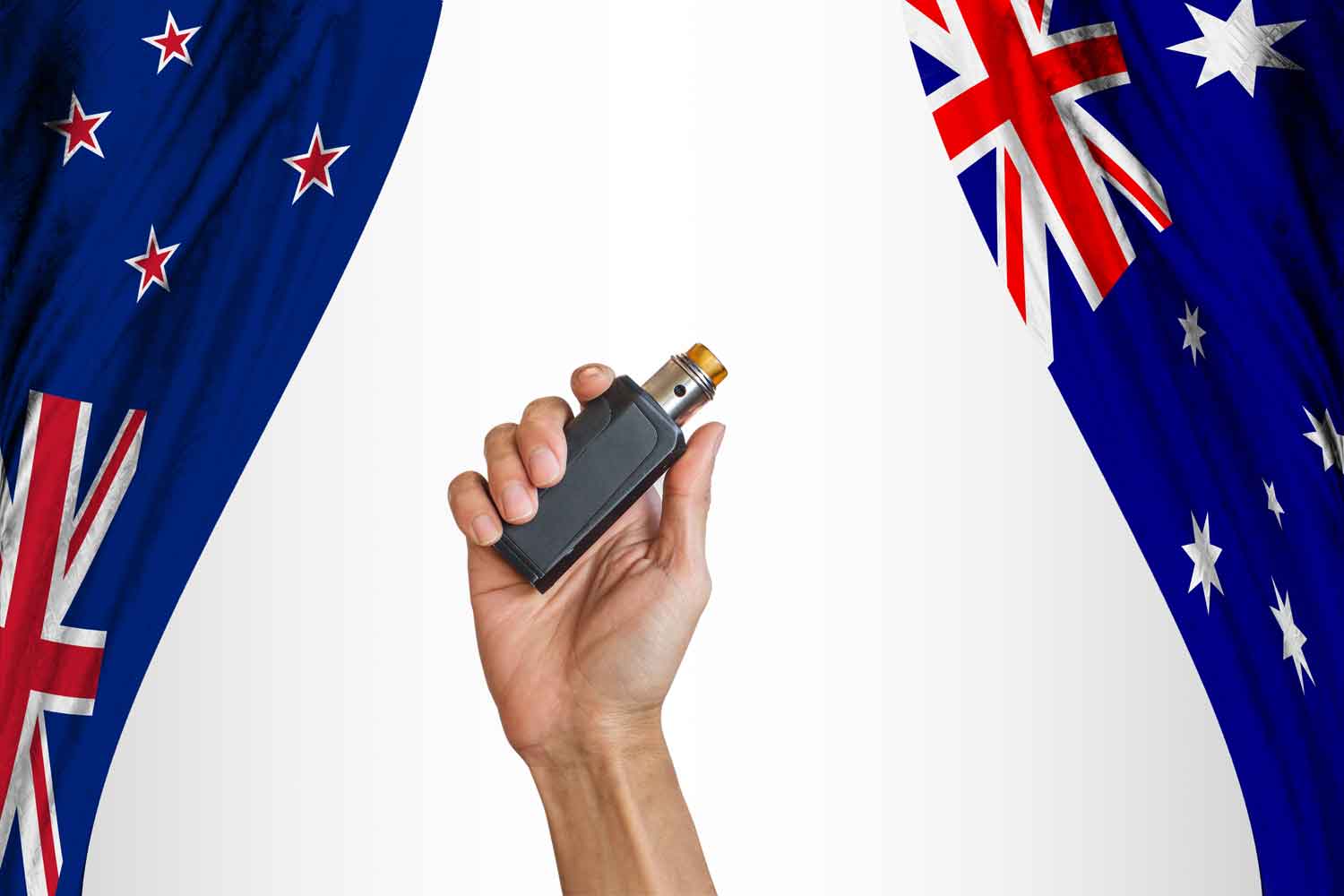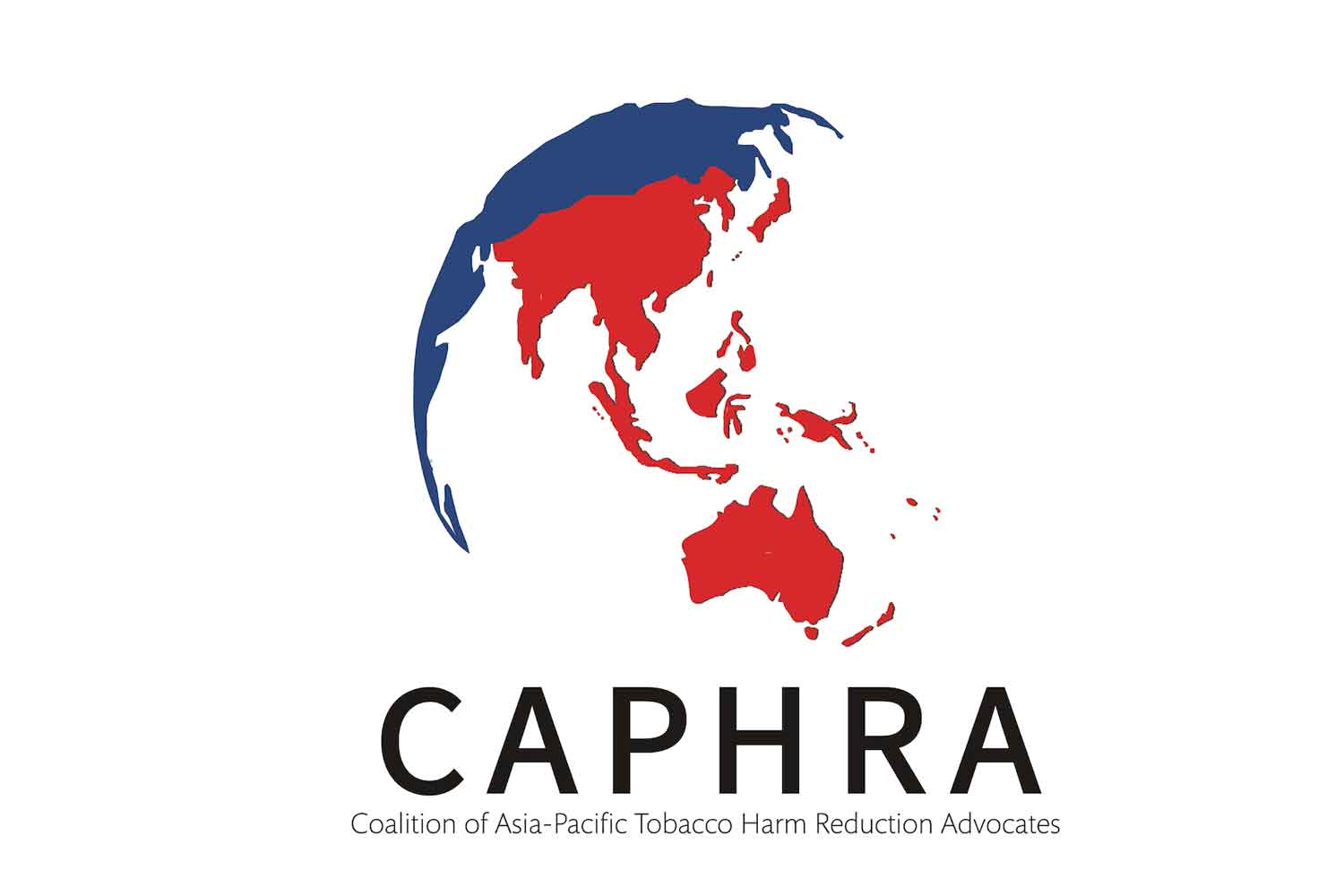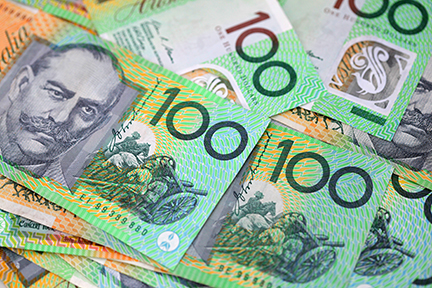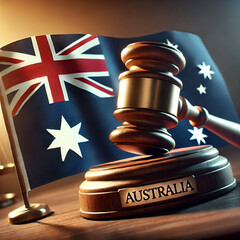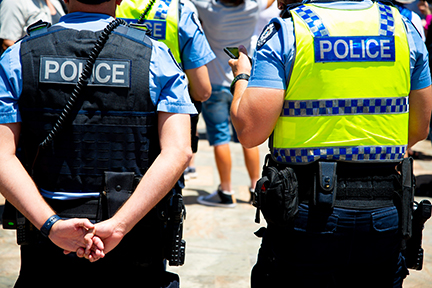A clinical trial by Australia’s National Drug and Alcohol Research Center (NDARC) at the University of New South Wales found that nicotine vapes are significantly more effective than traditional nicotine replacement therapies (NRTs) like gum or lozenges in helping low-income adults quit smoking.
The study, published in the Annals of Internal Medicine, followed over 1,000 daily smokers receiving government financial assistance. Participants were randomly assigned vaping products or nicotine gum/lozenges for eight weeks, along with motivational text messages.
At the six-month mark, 28.4% of vape users had successfully quit smoking compared to 9.6% of those using gum or lozenges. However, the study also noted that 58% of quitters were still using vapes after six months, underscoring the need for ongoing cessation support to eventually wean off vaping as well.
Lead researcher Dr. Ryan Courtney said the study’s real-world design — allowing participants to choose their own vape devices and e-liquid flavors — contributed to the impressive quit rates.

